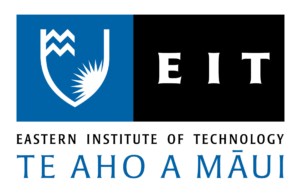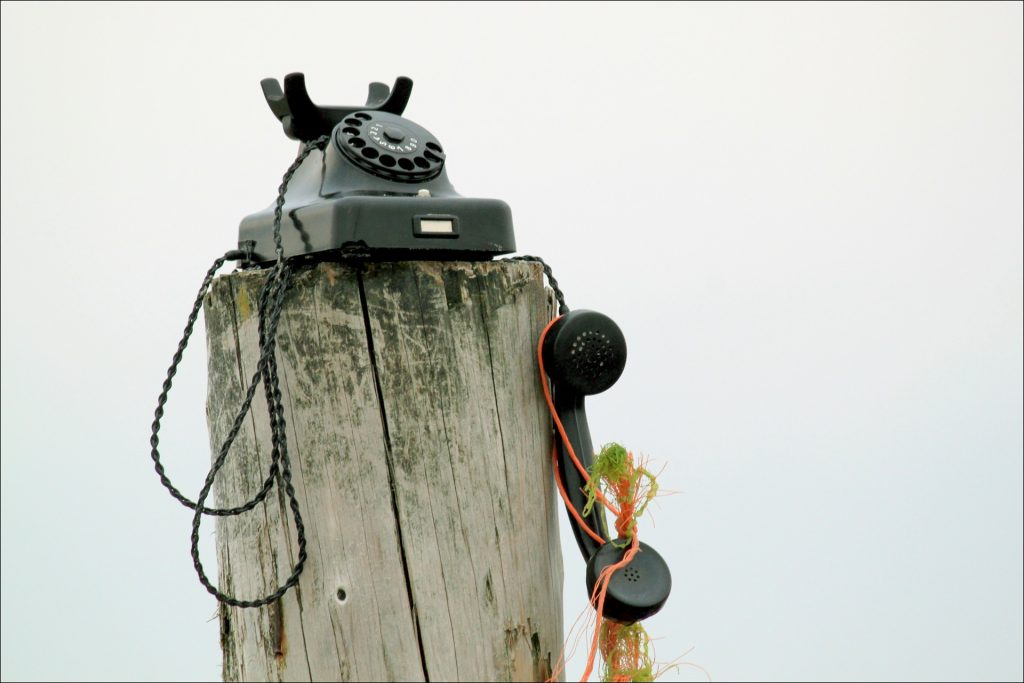Interested in exploring innovative tech, like Augment/Virtual/Mixed Reality, Minecraft, Microbits, Internet of Things? What to learn how these technologies can be integrated into your teaching and across subjects?
The recent changes within the DT|MH areas of the curriculum has meant all teacher are required to integrate digital technologies into their teaching which focus on the construction rather than consumption of technology.
This hands-on event is open to all educators interested in learning how you (and your students) can create their own experiences. The event will introduce a range of tools, which you can then apply in your own classes to support students learn across different learning areas.
This PLD event is targeted at all teachers (and pre-service), from Primary to Secondary, interested in starting their own journey into integrating the DT|HM and better linking this within a range of subjects.
The event doesn’t expect any prior experience, just an interest in learning and giving it a go.
The programme will be stretched over the day and you are invited to attend any session.
Day Session (8.45-3.30pm) a series of hands-on workshops around a range of topics, including VR, AR, Minecraft and Micro:Bit.
Evening Session (5-730pm – PLEASE NOTE THE NEW TIME) for those that can’t make it during the day this compressed session highlights some of the key activities that happened over the day.
Tentative Schedule
| Time | Topic |
| 8.45-9.30 | Welcome and overview of the day |
| 9.30-10.15 | Exploring the DT within the NZ curriculum |
| 10.15-10.30 | Morning Tea (provided) |
| 10.30-11.30 | Workshop A – Virtual tours |
| Workshop B – Basic introduction of Minecraft Education Edition (Digital Circus) – how it works, teacher tools and the resources and ideas available. Attendees will need to have Minecraft Edu downloaded onto their device to get the most out of the session. | |
| 11.30-12.00 | Showcase A – PBL in STEM |
| Showcase B – Minecraft in Languages | |
| 12.00-12.45 | Lunch | Robotics Lab Launch |
| 12.45-1.45 | Workshop A – AR with Merge Cube |
| Workshop B – CS Unplugged (Digital Circus) | |
| 1.45-2.00 | Afternoon Tea (provided) |
| 2.00 – 3.00 | Workshop A – Micro Bits (The Mind Lab) |
| Workshop B – Scavenger hunts with AR | |
| 3.00-3.30 | Wrap up and end of the day session |
| 5.00-7.30 | Approaches in MR (F:F and Streamed Online) |
Event proudly supported by:
 |  |
 |  |
 |  |










